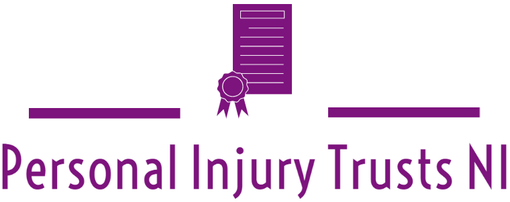
If you have been awarded compensation as a result of an injury or trauma, certain means tested benefits may reduce or stop once you have capital of more than £6,000.
To protect your benefits, you may be able to place your compensation in a personal injury trust which would shelter your funds and be disregarded for assessment purposes.
How can we help
- Free consultation with claimant to discuss how a PIT works and whether relevant to their circumstances
- Prepare a client specific Personal Injury Trust
- Open a Trust bank account and complete all required paperwork
- Advice on who to appoint as trustees and their role
- Guidance on the how the trust works and trust expenditure, and how to run your trust in future to protect your entitlement to benefits
- Provide any documentation to provide to the Benefits Agency and Local Authority to ensure your benefit entitlement is protected
- Liaise with Solicitor on payment of award once available
- Specialist regulated Investment advice where appropriate
General Guidance
Protecting Your compensation
Pursuing a claim for personal injury damages is often a hard-fought battle over many years.
It is, therefore, important to ensure that the final award and any interim payments made during the process are used in the best possible way for you.
Many claimants face the possibility of their means-tested state benefits being affected by their compensation.
Personal Injury Trusts
There is often a simple solution to this problem.
Recipients of damages awards are legally entitled to hold their compensation within a personal injury trust, which will allow them to retain both their compensation and their eligibility to means-tested benefits thus putting them in a far stronger financial position.
Trustees
A personal injury trust on a day-to-day basis simply works as a bank account that, under the trust rules, can be used only for the sole benefit of you as the recipient of the damages award.
Trustees have a legal obligation to act in your best interest.
The trust is revocable by yourself at any time and as such you can close the trust.
Trust Expenditure
The general rule of thumb is that the trust should not use the money to fund normal everyday living expenses that income support is paid to provide for.
Typical Trust expenditure may include:
- Home Improvements
- Large Household furniture
- New Car
- Modifications for Care Needs
- Educational equipment such as a computer